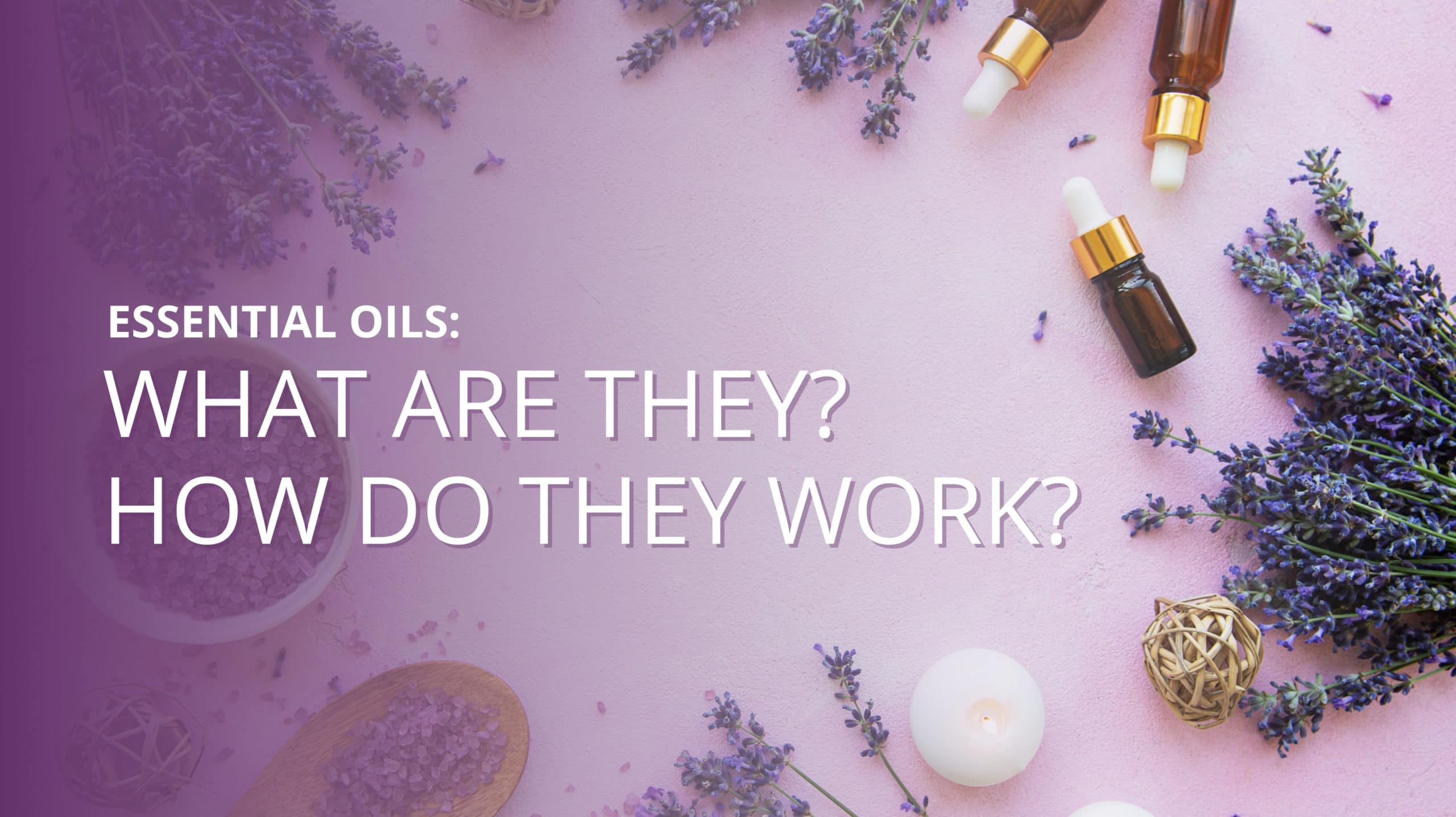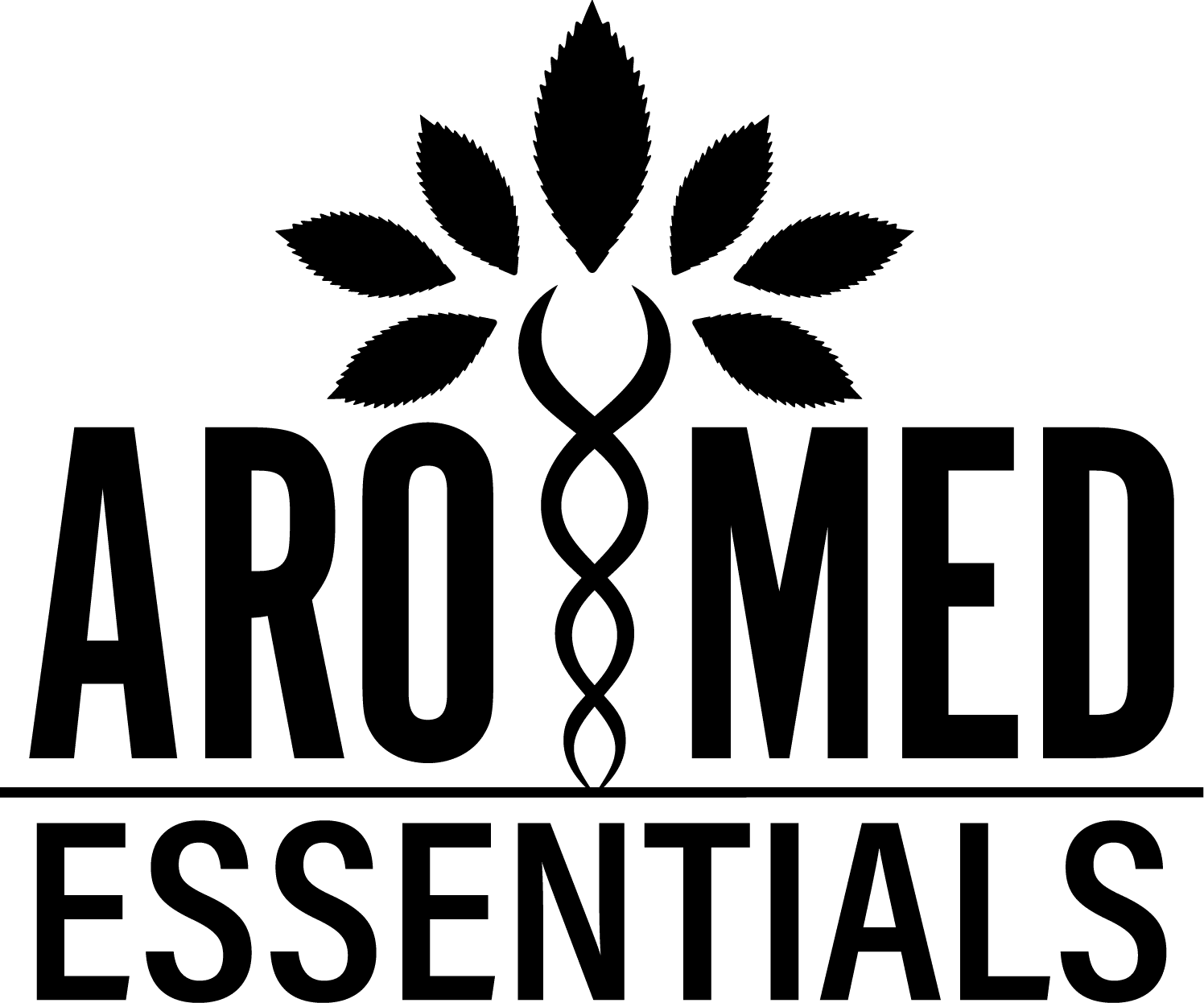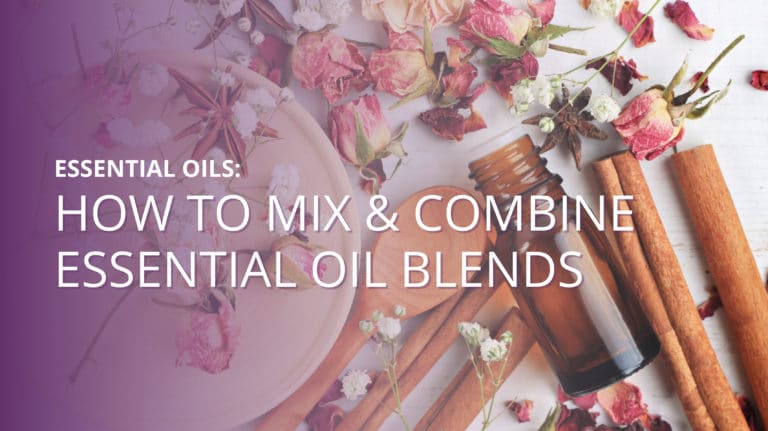What Are Essential Oils? How Do They Work?

Posted on September 2nd, 2021 to AroMed CBD & Aromatherapy Blog by cannaplanners
So, what’s an essential oil anyway? Are there health benefits of different essential oils, and are aromatherapy oils the same thing? Here’s our guide all about essential oils.
What are essential oils?
In short, essential oils are aromatic oils that are extracted from botanicals (plants). The derived oils capture compounds from the plant, such as the plant’s flavor, scent, or “essence.” It is the unique profile of compounds captured in each oil that makes the end product valuable.
Essential oils may be created through several different processes. Usually, the process involves some level of distillation using steam or water to capture the valuable compounds from the plant. These components are then added to carrier oil so the end result is the essentials from the plant suspended in a dispensable oil. Mechanical separation methods, like cold pressing, may also be used to extract valuable compounds and natural plant oils.
How do essential oils work?
Essential oils work by delivering the plant chemicals either through inhalation or skin absorption. Essential oils are actually a highly valuable component in aromatherapy, which is a type of therapy that involves triggering certain actions within the body with certain aromatic chemicals.
The limbic system—an important part of your brain—is thought to react to the plant chemicals found in certain essential oils. This part of the brain is known for playing a valuable role in things like:
- Memory
- Emotions
- Behaviors
- Sense of smell
Consider how certain smells can bring back memories, and those memories can sometimes trigger specific emotions. This is a good example of how the limbic system works.
Beyond emotional effects, the limbic system is also said to be involved in certain physiological functions. For example, the limbic system may be involved in your heart rate or blood pressure levels. This is why certain essential oils seem to have more physiological effects, even though the research into the idea is relatively new.
You may also like: Blending Essential Oils.
What are essential oils used for?
People use essential oils for a long list of everyday human ailments and woes, some are more research-established than others. Here is a look at a few of the most common ways essential oils are used, along with the most common oils used for the purpose. Many people even choose to use essential oils everyday!
Anxiety, Stress, and Mood
Mood-related issues are perhaps the most common reason people use essential oils. About 43 percent of people who deal with anxiety or stress have used some level of alternative therapy like aromatherapy to help. Several studies have shown that essential oils are helpful for stress and anxiety.
What essential oils are good for anxiety?
Usually, citrus oils are used to help with mood-related issues. For example, lemon or sweet orange oil may act as a mood booster.
Headaches, Sinus Congestion
Topical application of some types of essential oils has been shown to offer some level of relief for headaches and migraines in small-scale studies. Usually, essential oils for headaches are applied either to the temples or forehead. In Persia, a traditional headache remedy is to apply sesame and chamomile to the temples. To learn more, visit our guide to using essential oils for sinus congestion.
What essential oils are good for headaches?
Several essential oils may offer some support if you have frequent headaches. Peppermint, lavender, and chamomile are a few good examples.
Relaxation and Sleep
Several essential oils have been shown to potentially help promote a sense of calm and possibly encourage better sleep. In studies of women after childbirth and patients who were diagnosed with heart disease, smelling lavender oil seemed to help with the quality of sleep.
What essential oils are good for sleep?
Lavender oil is one of the most commonly referenced essential oils for offering a calming effect that may help with relaxation and sleep.
Other Proposed Benefits
- Soothing inflammation
- Offering antibacterial qualities
- Helping with digestive issues
- Soothing nausea
- Helping with lacking appetite
- Repelling insects and parasites
You may also like: How to Use Essential Oils Without A Diffuser
Benefits of Different Essential Oil Combinations
Every essential oil is unique when it comes to composition, so every essential oil has its own ability to offer some unique benefit. However, some oils offer complementary benefits and act synergistically, so essential oil blends are common. For example, lavender and citrus may be combined to promote relaxation but deliver a sense of focus at the same time.
Opt for High-Quality Essential Oils for the Best Experience
Nature provides so many amazing things that can be beneficial for the human experience. Essentials make it easy to bring those benefits into our lives. If you are looking for quality-made essential oils, be sure to take a look at our collection at AroMed Essentials.
Written by Lauren Andrews.
Copyright © 2024 AroMed Essentials |
Site by CannaPlanners



